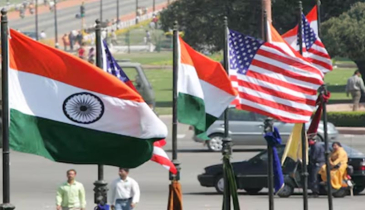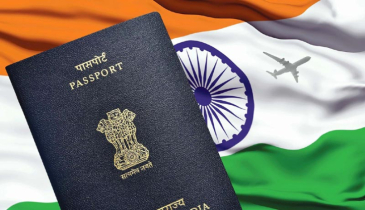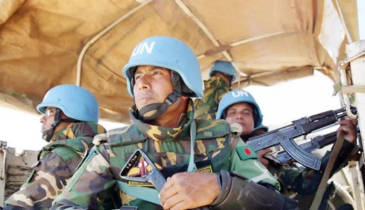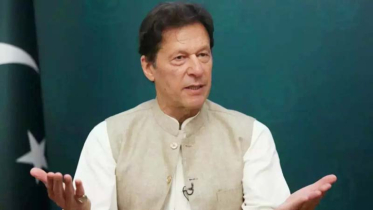India seeks closer relations with South Asian governments
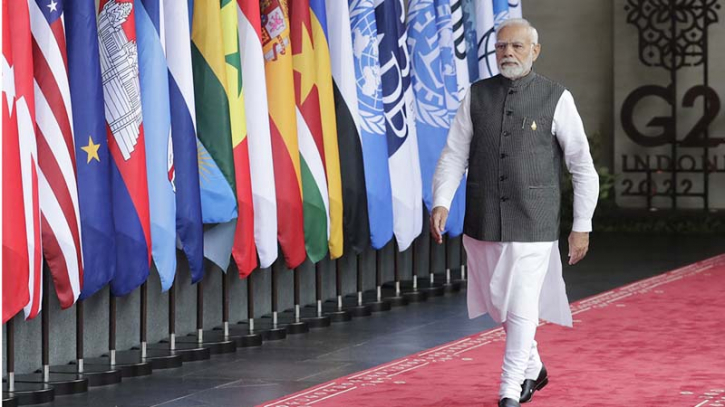
India is undergoing a shift in its regional politics as it endeavors to strengthen ties with ruling elites in South Asian countries such as Nepal and Sri Lanka. This strategic move is aimed at securing India's geopolitical interests, even as it navigates ethnic uprisings in these nations.
Despite India's documented opposition to ethnic rights within its borders, exemplified by the revocation of Jammu and Kashmir's special status in 2019, the government is now focusing on fostering stronger relationships with neighboring ruling elites. This move is driven by a desire to enhance India's geopolitical standing in the region, akin to regional powerhouses like China.
India's domestic challenges in managing ethnic conflicts, including those in Tamil Nadu, Punjab, and Nagaland, have not deterred its support for ethnic movements in other South Asian nations. For instance, India has been supportive of the Madheshi movement in Nepal and the Tamil cause in Sri Lanka.
However, India's track record on ethnic rights domestically has led to a lack of moral authority when supporting such movements in other countries. In light of this, India is now prioritizing diplomatic relations with ruling elites in the region to bolster its standing and influence.
The diplomatic efforts are evident in India's approach towards Nepal. Despite historical tensions, India has been making amends since the 2015 blockade incident, where it sought to influence the Nepalese government to address Madheshi demands in its constitution. When Nepal resisted and diversified its trade and transit agreements with China, India withdrew sanctions and adopted a less interventionist stance. This shift reflects India's strategy to foster better relations with South Asian ruling elites, recognizing the importance of regional stability.
The support extended to the governments of Sri Lanka and Nepal provides insights into India's evolving foreign policy approach, emphasizing diplomatic engagement and collaboration with neighboring ruling elites. This strategic shift aims to position India as a key player in promoting stability and cooperation within the South Asian region.
.png)




